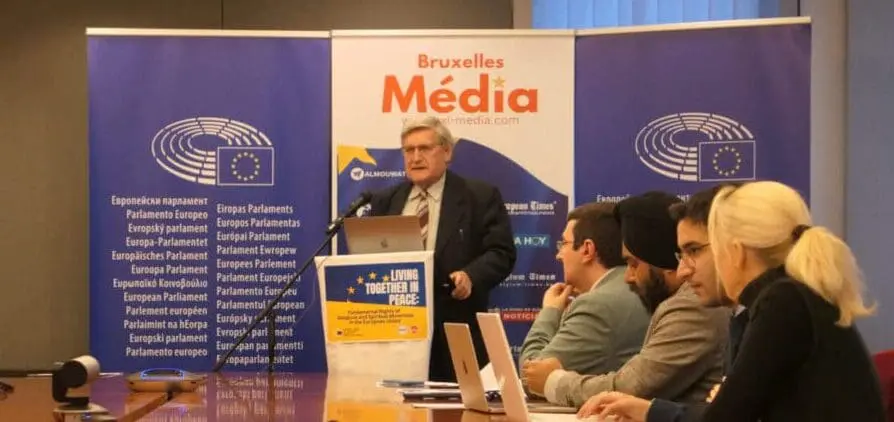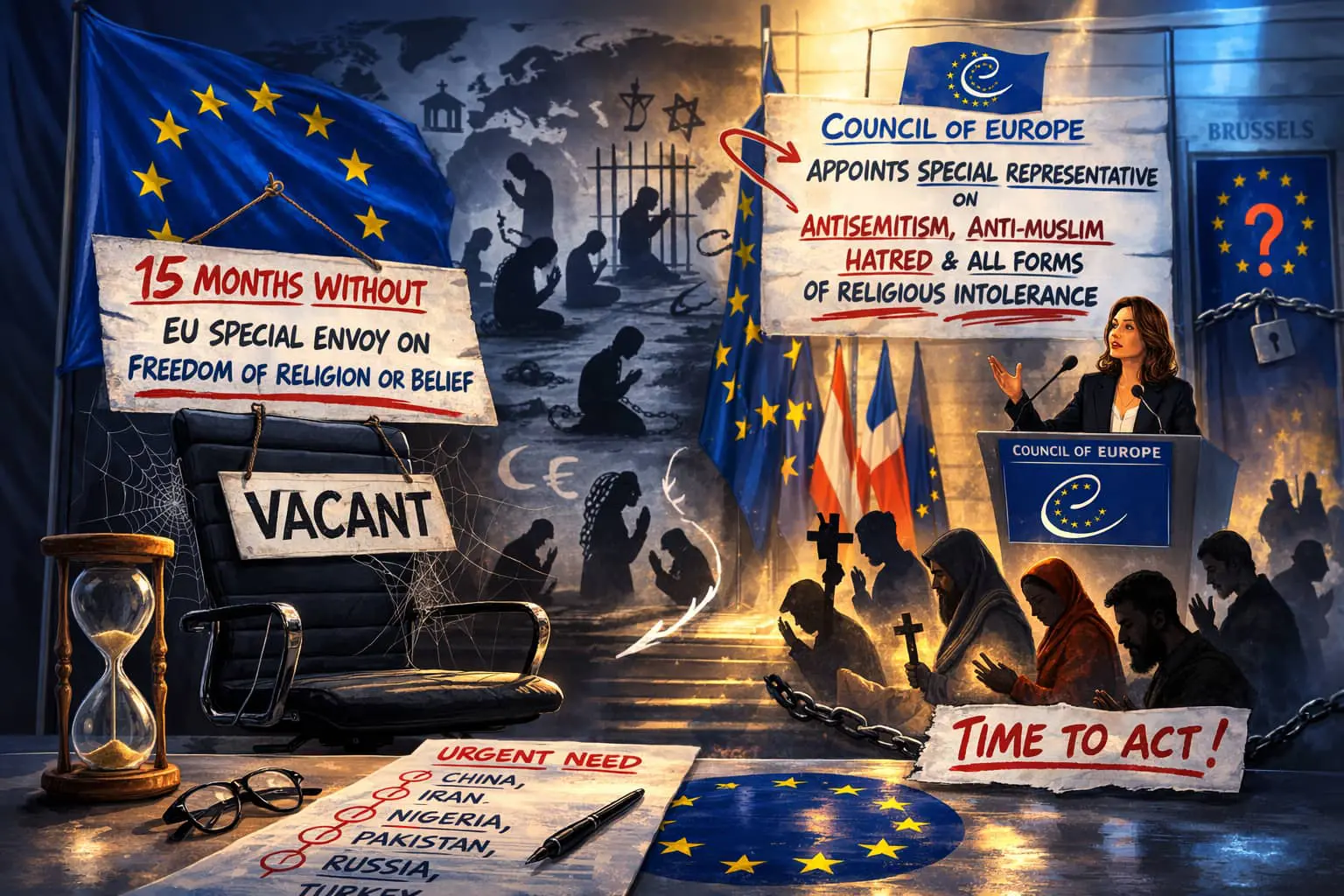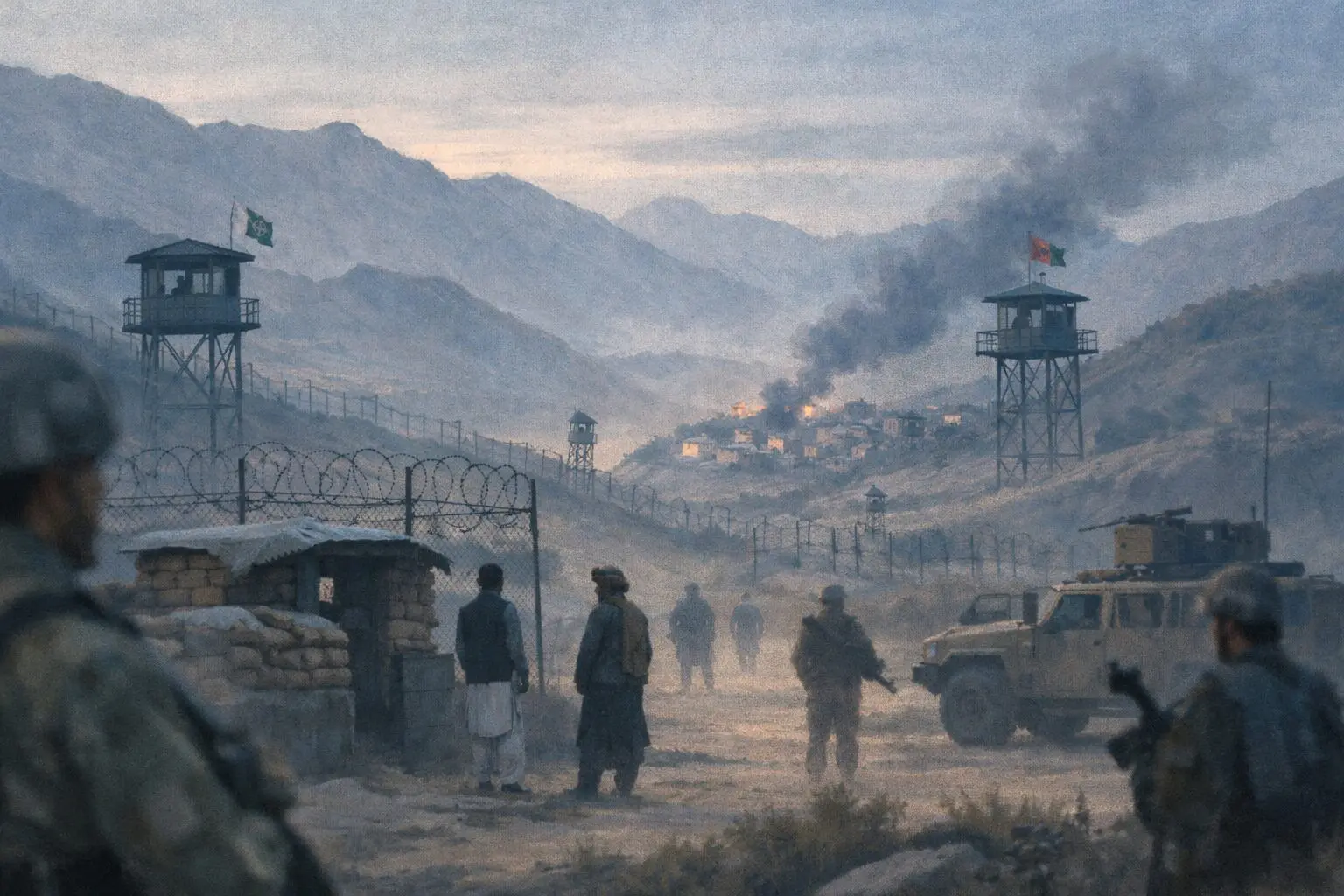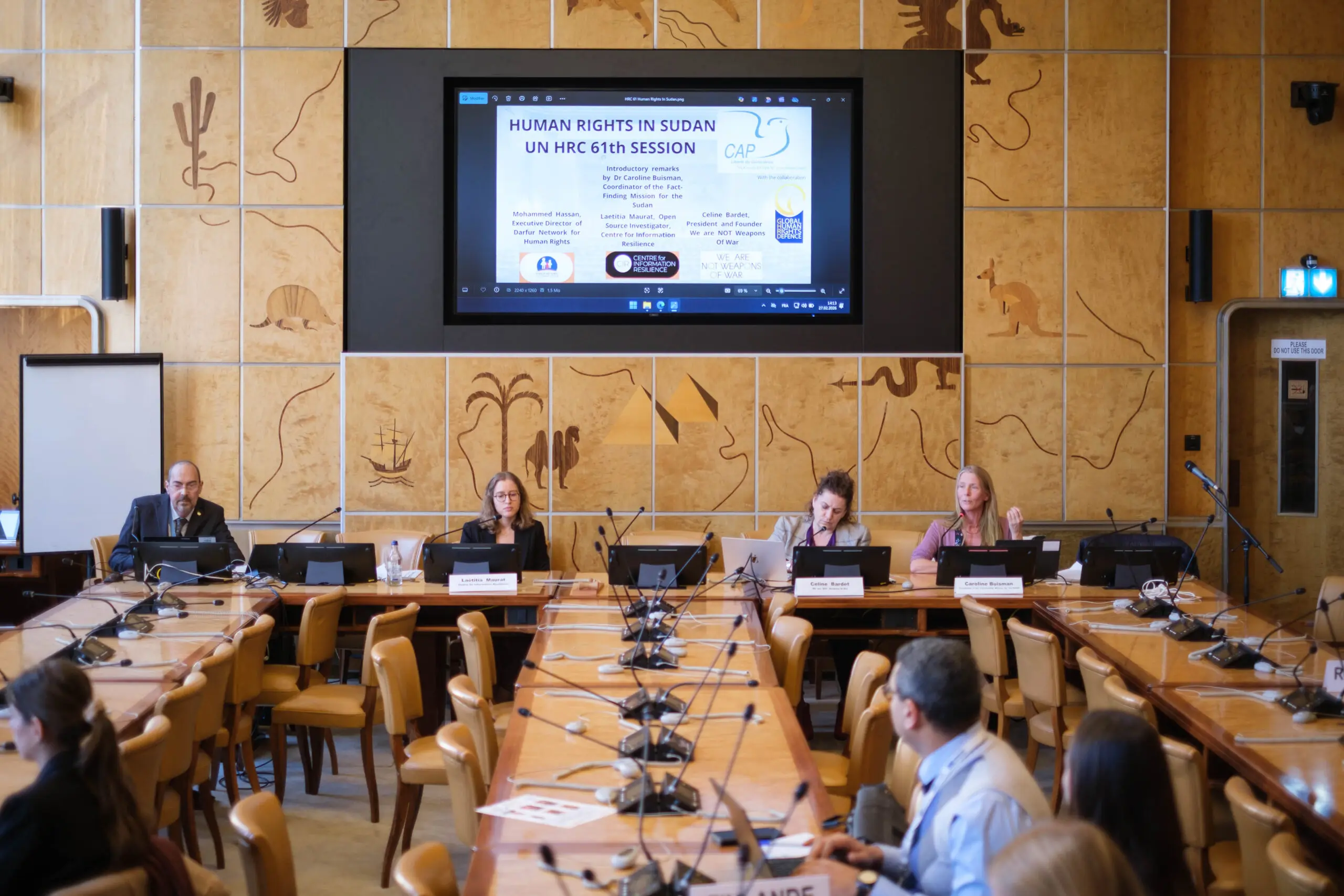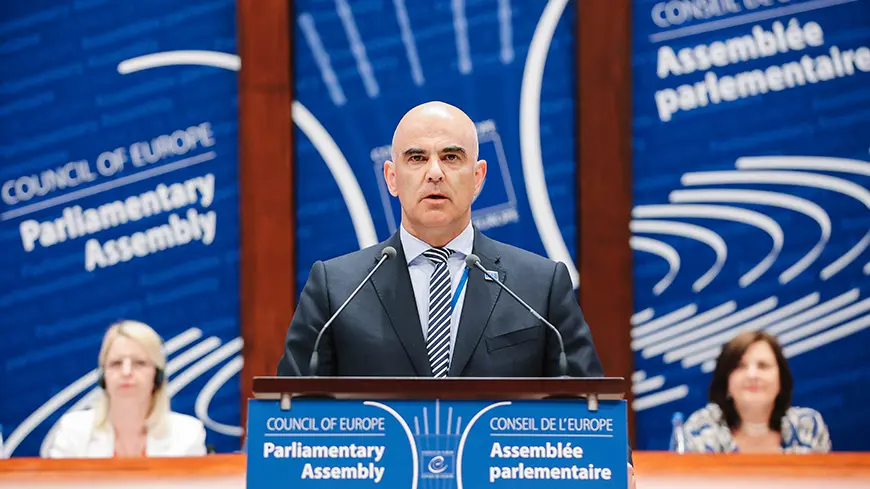“The media, thriving on sensationalism rather than facts, seize on the cult issue as a good topic because that boosts the sales or the audience,” said Willy Fautré, director of Human Rights Without Frontiers, in a hard-hitting speech delivered last Thursday at the European Parliament.
Fautré ‘s remarks came during a working conference titled “Fundamental Rights of Religious and Spiritual Minorities in the EU,” held last November 30th with leaders of different minority faith groups.
Fautré accused European media outlets of being complicit in fostering religious intolerance that has led to discrimination, vandalism and even violence against minority faith groups, even against some global minorities like Scientology or Jehovah’s Witnesses, which have been repeatedly recognized as religious or belief communities by the European Court of Human Rights, OSCE and even the United Nations in their rulings or declarations.
While international bodies use neutral language when referring to religious groups, Fautré explained, media in Europe often categorize certain movements as “cults” or “sects”—terms carrying an inherent negative bias. This intolerant and artificial labelling is pushed by anti-religious people, who call themselves “anti-cultists,” including aggrieved former members, activists, and associations that want to exclude these minority religious groups from legal protection.
The media fans the flames, according to Fautré. “Unfounded accusations amplified by the media not only influence public opinion but reinforce stereotypes. They also shape the ideas of political decision-makers, and they may be officially endorsed by some democratic states and their institutions,” increasing thus the violations of fundamental rights based on religion, infringing freedom of thought.
As evidence, Fautré pointed to sensationalist coverage hyping a pitifully small anti-religious protest in the UK, as well as Belgian outlets spreading false allegations from a Belgian state institution report claiming abuse cover-ups among Jehovah’s Witnesses. In reality, a court recently condemned the report as unfounded and defamatory.
Such factually distorted reporting has real-world consequences, warned Fautré. “They send a signal of distrust, threat, and danger, and create a climate of suspicion, intolerance, hostility and hatred in society,” he said. Fautré connected this directly to incidents like the vandalization of Jehovah’s Witness buildings across Italy to the deadly shooting of seven of their worshippers in Germany.
In conclusion, Fautré issued demands for change, stating that European media must abide by ethical journalism standards when covering religious issues. He also called for training workshops to help reporters appropriately cover minority faiths without fueling public hostility against them. If no reforms are made, Europe risks being exposed as hypocritical for preaching tolerance abroad while allowing persecution in its own backyard.

